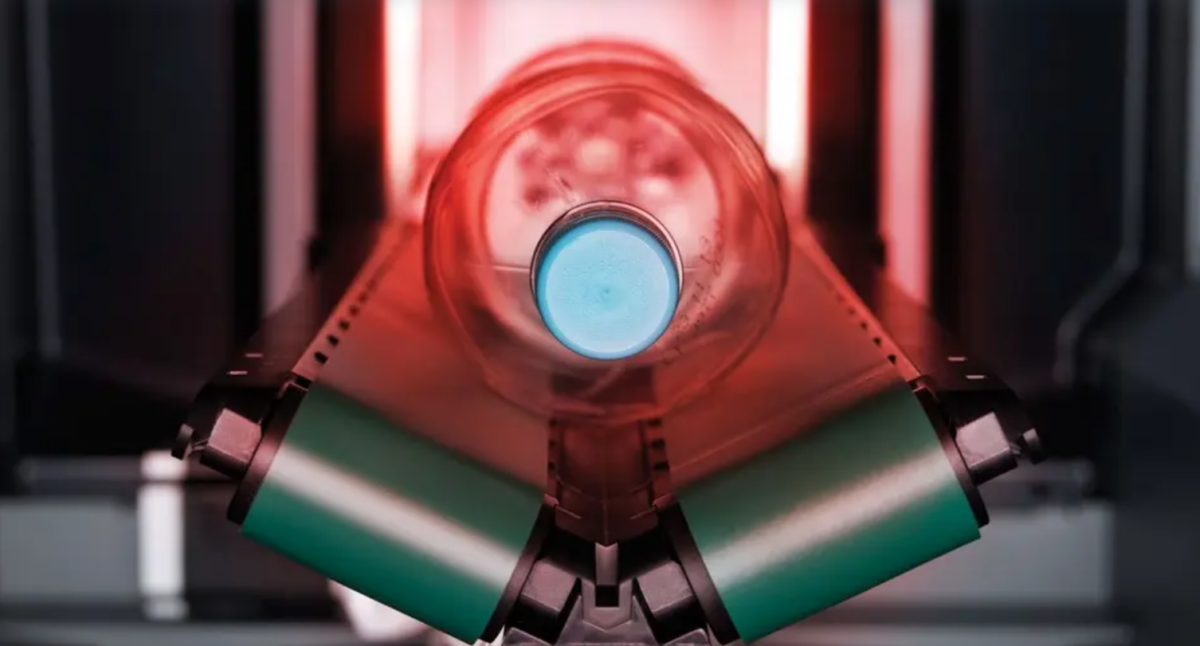Recycling 5.0: Bridging Technology and Incentives

The concept of reward recycling has gained traction as a transformative approach to encouraging sustainable practices among consumers.
By incentivizing individuals to recycle through tangible rewards, this trend is making significant strides toward enhancing recycling rates and promoting a circular economy.
You can also read: Interest Grows in Chemical Recycling
Sensor Technology, The Heart of Recycling 5.0
At the forefront of this movement, a key player in advancing this movement is Tomra Systems ASA, a Norwegian company recognized globally for its pioneering efforts in developing sensor-based solutions, whose innovative mindset is setting new benchmarks for efficiency and engagement in recycling efforts under the umbrella of Recycling 5.0.
Tomra’s contribution, particularly through its reverse vending machines and the advanced sorting technologies embodied in systems like AUTOSORT™, exemplifies how technological advancements can bolster the efficiency and appeal of reward recycling programs.
These technologies ensure that collecting, sorting, and recycling materials is not only user-friendly but also highly efficient, thereby enhancing the overall recycling experience for consumers and increasing participation rates.
Driving Sustainability Beyond Technology
Beyond the realm of technology, the global shift towards reward recycling is being propelled by an increasing awareness of environmental issues among consumers and a growing demand for sustainable practices.
Governments and corporations are recognizing the potential of reward-based systems to drive environmental initiatives, leading to the adoption of policies and programs that support this trend. These initiatives are crucial for achieving long-term sustainability goals, as they encourage the diversion of recyclable materials from landfills, reduce pollution, and conserve natural resources.
The Future of Recycling: Innovation and Collaboration
The success of reward recycling hinges on the collaboration between technology providers, policymakers, businesses, and the community. By creating an ecosystem that supports and rewards recycling efforts, stakeholders can foster a culture of sustainability that transcends individual actions and contributes to global environmental preservation.
As this trend continues to evolve, the role of innovation and technology, as demonstrated by companies like Tomra, will be paramount in overcoming challenges related to recycling efficiency, material recovery, and user engagement. The integration of AI, machine learning, and data analytics into recycling processes can further enhance the effectiveness of reward recycling programs, offering insights into consumer behavior, optimizing recycling operations, and ultimately, contributing to a more sustainable and circular economy.
In conclusion, the trend of reward recycling is a testament to the power of incentives in driving sustainable behavior. With the support of technological innovations and collaborative efforts across various sectors, this trend has the potential to significantly impact global recycling rates.
